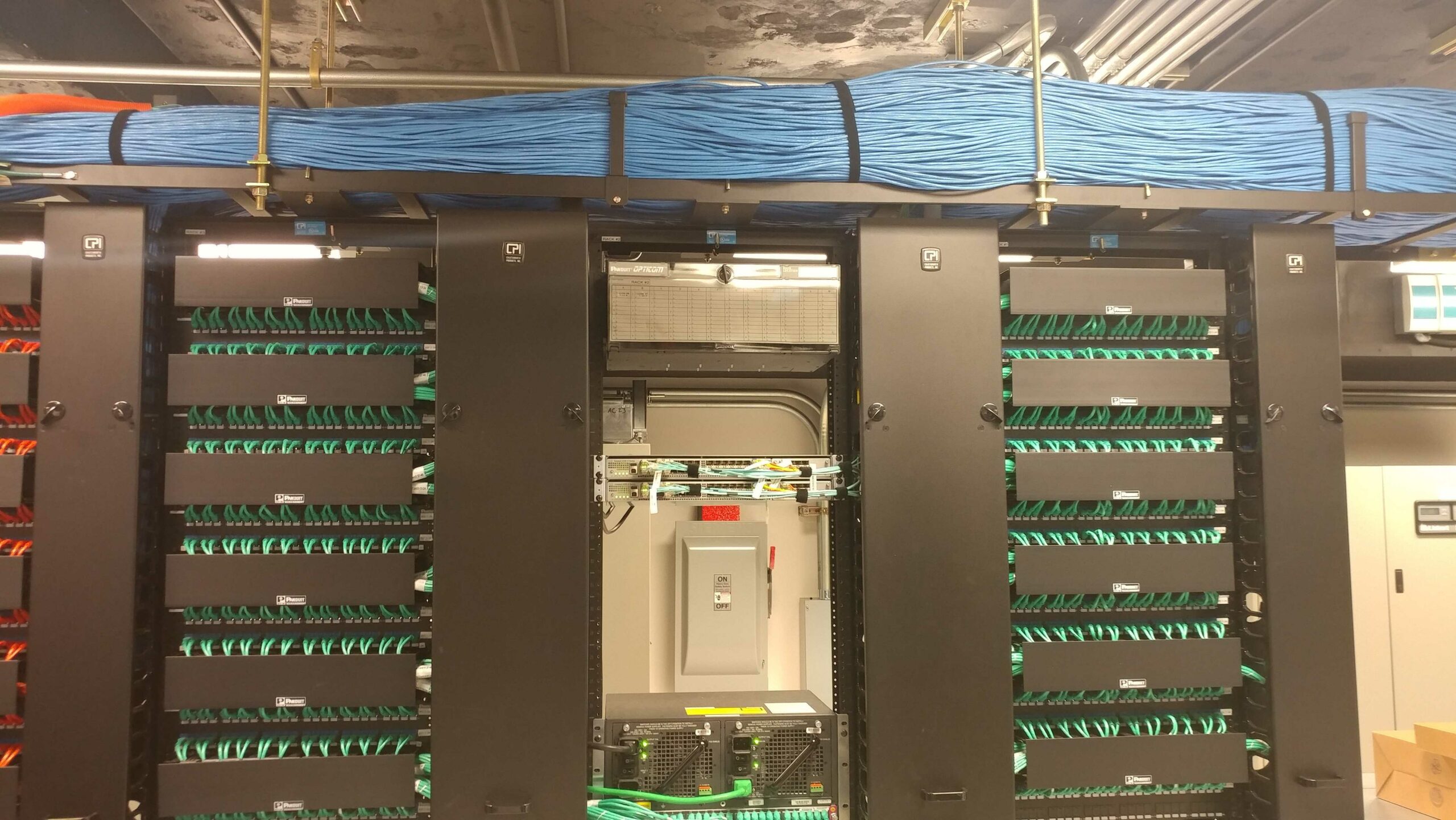How to detect and prevent the hacking tool CrackMapExec
CrackMapExec (CME) is a powerful post-exploitation tool used by attackers to automate the exploitation of Active Directory networks. Detecting and preventing CME from running within an enterprise environment requires a multi-layered approach that includes network monitoring, endpoint security, and user…
